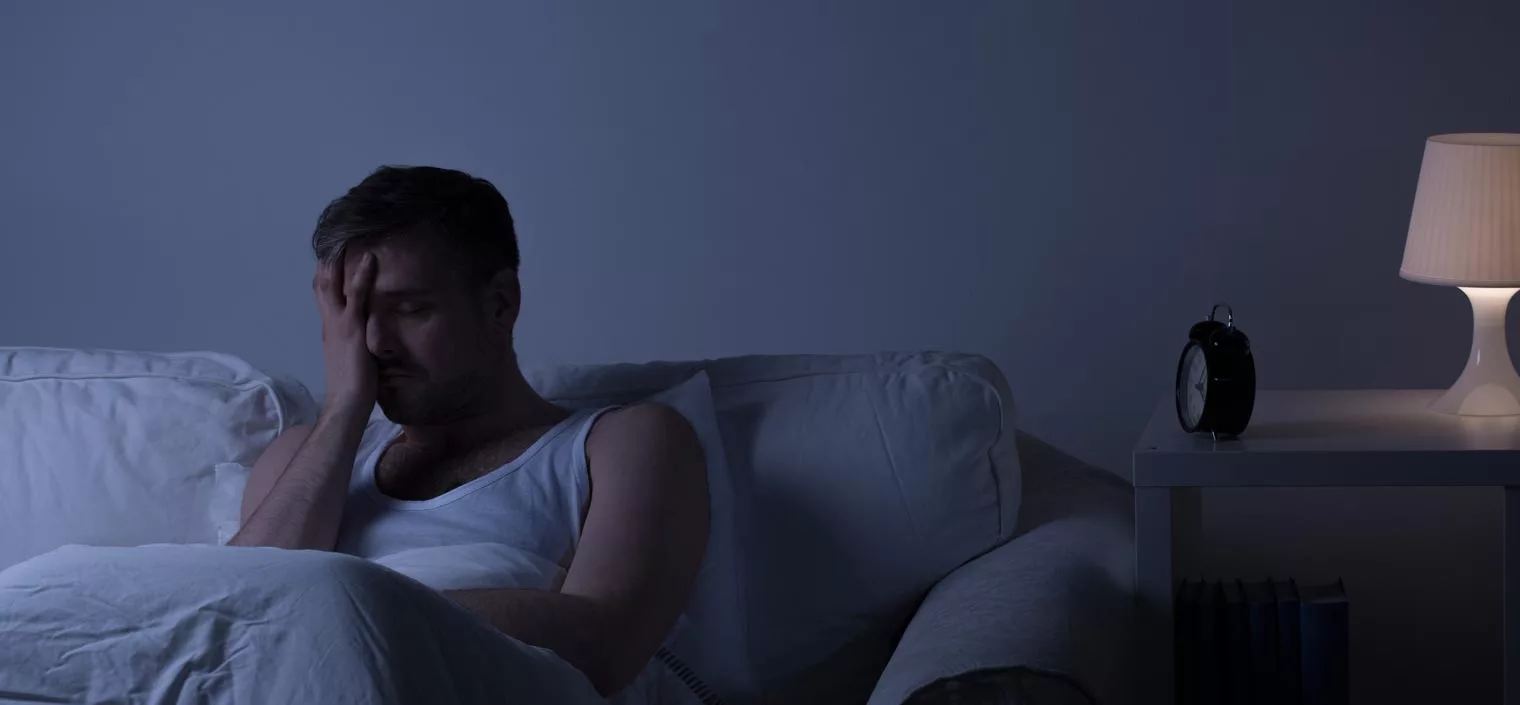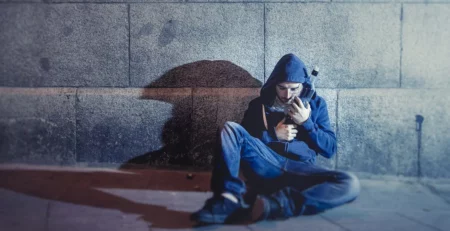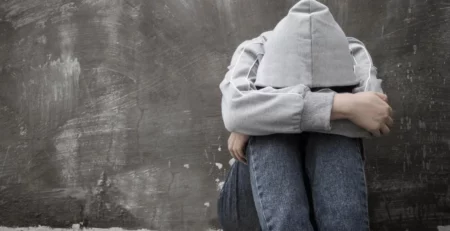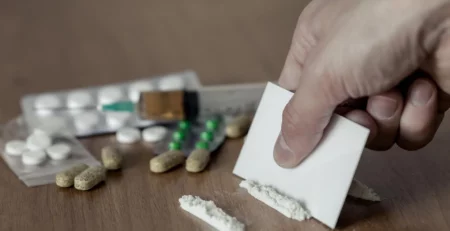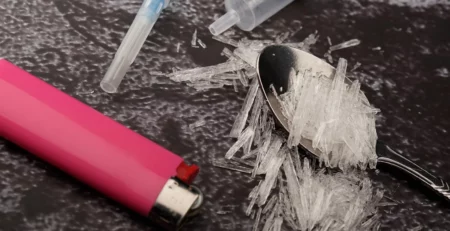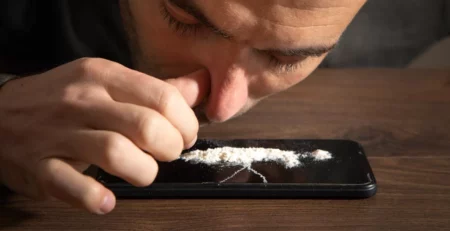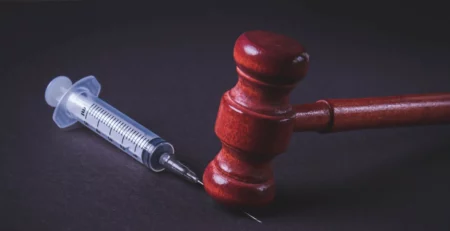Alcohol Withdrawal Insomnia
Navigating Alcohol Detox Successfully at Icarus in Nevada
Problems with alcohol often come with damaging physical effects and negative consequences- but that doesn’t always mean it’s easy to quit. The path to recovery is an uphill battle and a big part of the battle is learning to manage symptoms like alcohol withdrawal insomnia.
For individuals with alcohol abuse or addiction issues, putting down the bottle can cause sleep disturbances for months after you quit. As getting good sleep is such an important part of early recovery, having support during these stages is critical to overcoming addiction.
If you or a loved one are struggling with alcohol detox and sleepless nights, the team at Icarus is here to provide resources as well as offer additional support if needed.
Let’s take a look at how our team at Icarus in Nevada can help you.
What is Alcohol Withdrawal Insomnia?

Alcohol withdrawal insomnia is a common symptom recovering alcohol users experience during withdrawal. Insomnia is defined as having trouble falling asleep or staying asleep. People with alcohol withdrawal insomnia also may wake up earlier than they need to and struggle to go back to bed.
While the effects of alcohol withdrawal insomnia might only last during the withdrawal period, it may impact your sleep for months after you quit. Furthermore, some people experience insomnia before they start drinking. They may use alcohol to help them sleep because it is a depressant, even though it may have the opposite effect.
According to the Substance Abuse and Mental Health Services Administration, this dependency on alcohol to fall asleep is just one sign that you might have a drinking problem.
Is Insomnia a Symptom of Detox?
Yes, alcohol withdrawal insomnia is a symptom of detox. Long-term alcohol use or alcohol use disorder completely changes how your brain interacts with chemicals and neurotransmitters that affect sleep. When you suddenly stop drinking, your body has to adjust to functioning without the effects of alcohol.
Insomnia can also cause additional problems including fatigue, trouble concentrating, irritability, and increased anxiety. Furthermore, poor sleep quality can affect your decision-making and make it more likely that you’ll take risks, leaving you susceptible to relapse.
How Does Alcohol Withdrawal Make it Harder to Fall Asleep?
Quitting alcohol after long-term use does make it harder to fall asleep. Alcohol works as a depressant on the central nervous system and may even help with the early stages of falling asleep. However,
Of course, some people experience insomnia even before they start withdrawing from alcohol. Some individuals drink to solve their sleeping problems. However, even though alcohol is a depressant and initially has relaxing effects, it stops your ability to get restful, restorative sleep.
Get Effective Alcohol Abuse Treatment – Call Now!
Why is Getting Enough Sleep Important for Substance Abuse Recovery?
Sleep problems are common even in the general population, so if you are experiencing sleep disturbances, you aren’t alone. Unfortunately, according to the Centers for Disease Control, getting less than 7 hours per night leads to an increased risk of obesity, depression, type 2 diabetes, heart attack, heart disease, high blood pressure, stroke, and asthma.
In addition to lowering your risk of these physical problems, getting quality deep sleep is essential for mental health and mood after quitting drinking. These restful hours keep your brain working as it should, something that’s incredibly important for good decision-making as you go through alcohol withdrawal and complete your recovery program.
How Alcohol Disturbs Your Sleep
If you were once the type to unwind with a few beers, a glass of one, or some liquor before bed, it might be surprising to learn that alcohol causes sleep problems. At first, alcohol can make it easier to fall asleep because of how it relaxes the body and brain.
Throughout the night, though, alcohol levels are going to drop. As alcohol levels drop, you are more likely to experience light sleep, also known as REM (rapid eye movement) sleep. Even if you are not having difficulties falling asleep, staying in these lighter stages for more than half the night is not adequate sleep.
4 Strategies for Coping with Alcohol Withdrawal Insomnia

According to the National Sleep Foundation, good sleep hygiene involves your environment and behaviors and how they affect sleeping patterns. Even when you are experiencing insomnia as a symptom of alcohol withdrawal, sleep hygiene like those mentioned in this section will help you get more restful sleep.
1) Set Up a Sleeping Environment That Promotes Good Sleep
One of the best treatment options for better sleep after binge drinking or even when attempting to address and alcohol use disorder is a good sleeping environment. Your environment should be cool and comfortable to sleep in. Some people prefer having a fan or playing background noise that helps soothe them to sleep.
Additionally, you should keep your sleeping area dark. If you are distracted by noises or lights, it’s going to be harder to sleep when you are going through alcohol withdrawal.
2) Relaxation Strategies
For people with alcohol use disorder, being able to relax without booze can be a challenge. Fortunately, there are a lot of relaxation techniques that can be used to treat sleep problems, even without medication.
This includes techniques like meditation, progressive muscle relaxation, deep breathing, a warm bath, or reading a good book. Some people also find that exercising during the day helps them sleep better at night.
Confidential Alcohol Use Assessment – Call Now!
3) How a Bedtime Routine Improves Sleep Quality
For individuals struggling to fall asleep, a relaxing bedtime routine can set the tone for more restful sleep. Try to stay away from television and devices before bed and opt for reading a book or listening to relaxing music instead.
Another part of a routine is the timing of your sleep habits: in other words, when do you go to bed and wake up each day? Making a consistent schedule supports your body’s natural circadian rhythms, and this can make it much easier to fall asleep and stay asleep throughout each night.
Just as you may have developed a routine around drinking alcohol after work, or having a nightcap before bed, new routines that help you relax and wind down are an important part of getting over alcohol dependence and its associated issues.
4) Watch for Habits That Might Keep You Awake
A nap might seem like a great way to catch up on some sleep, particularly if you’re experiencing daytime sleepiness. However, napping during the day can also make it significantly harder to fall asleep using your regular sleep schedule.
It’s also important that you avoid stimulants like caffeine too close to bed. While it can help perk you up, the effects of caffeine last long after it feels like they have worn off.
Seeking Help for Alcohol Withdrawal Symptoms

Whether you are experiencing insomnia from acute alcohol withdrawal or other withdrawal symptoms, there’s no reason to go through it alone. At Icarus, we offer comprehensive support no matter where you are in the recovery process.
From managing alcohol detox symptoms to supporting mental health in recovery, call us today to find out how we can help you.
Medication to Promote Better Sleep
In some cases, sleep medicine might be used to improve sleep. An over-the-counter sleep aid may be recommended. Sometimes, our doctors also prescribe benzodiazepines.
Benzodiazepines are sometimes used as addiction medicine to manage withdrawal symptoms like nausea, shaking, sweating, and tremors so that recovering clients can detox safely. They work by relaxing the central nervous system, which can promote better sleep quality.
Considering a Sleep Study
Even though alcohol withdrawal can cause insomnia, alcohol-dependent patients sometimes struggle with sleep before their alcohol addiction. At Icarus in Nevada, we realize that not every client is the same. If you were struggling with chronic insomnia prior to alcohol abuse, there’s a good chance there is an underlying problem.
Treating insomnia effectively means being aware of sleep disorders like sleep apnea or other conditions that might be affecting your ability to sleep. Addiction research also shows that there may be a link between sleep apnea and other disturbances and heavy drinking. To diagnose a sleep disorder, clients typically undergo a sleep study where sleep polygraphy is used to detect how much REM and non-REM sleep they are getting.
Therapies for the Treatment of Insomnia

Cognitive behavioral therapy is one way that healthcare providers treat insomnia for individuals in alcohol recovery. Furthermore, behavioral therapies like this, individual therapy, and family therapy can all be used to treat any mental health conditions that might be contributing to your inability to get a good night’s sleep.
One type of cognitive behavioral therapy used for treating insomnia is sleep restriction. This technique is used to reduce the amount of time spent in bed to promote sleep efficiency and restorative sleep.
For a person who sleeps only six hours, for example, they will restrict themselves to only spending six hours in bed instead of spending eight hours of prolonged wakefulness when they don’t get quality sleep.
Up to 100% of Treatment Costs Covered by Insurance – Call Now!
Get Help Managing Alcohol Withdrawal at Icarus
There is no one-size-fits-all solution when it comes to recovery. At Icarus Behavioral Health in Nevada, we can help with managing alcohol withdrawal symptoms like insomnia to make those early steps when you quit drinking a little bit easier.
By managing symptoms like alcohol withdrawal insomnia, you can set yourself up for success. Call us today to find out how we can help you, no matter how difficult your alcohol detox has been. With an effective treatment plan in place, overcoming alcohol dependence becomes so much easier!
Make the confidential call today, and get support for sobriety (and restful sleep) at Icarus Nevada now!

